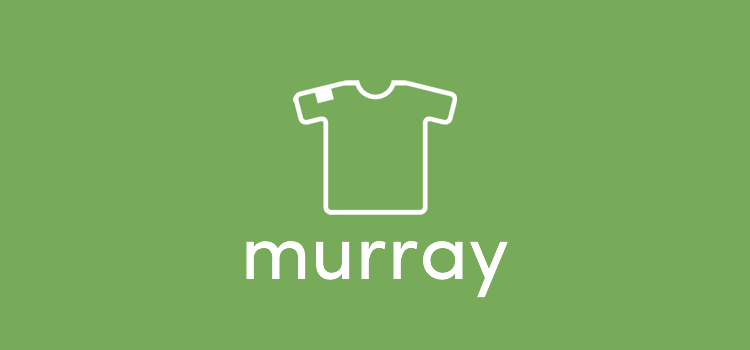For this series, I’m going to look at a number of players who have served their time on both sides of the border here, lighting up the League of Ireland and the Irish League (specifically Seaview!) in equal measure.
The first subject is arguably the best of all the Seaview ‘imports’.
Martin Patrick Murray joined Crusaders in July 1991 after a spell with Dublin junior side Ashtown Villa. But his career up to that point had been spent largely in senior football, with Home Farm, Drogheda and Dundalk but also included a spell at English club Everton under Northern Ireland great Billy Bingham.
In 1975, at the tender age of just 16, Martin scored on his debut for Home Farm in a 3-2 defeat to Finn Harps, and later that season became the youngest player to win an FAI Cup medal as Home Farm defeated Shelbourne 1-0 at Dalymount Park. Still only 16 he played in both legs of Home Farms European Cup Winners Cup tie against French side Lens. Then in December came that move to Everton.
In 1978 Martin returned to Home Farm for a spell, playing alongside the Liverpool bound Ronnie Whelan, however after a game he collapsed and was found to have a faulty heart valve. This didn’t stop him returning to Everton however, and he would spend a further two years with the Goodison Park club. He was very unlucky with injury during this time though, and ruptured his cruciate ligament in a reserve game against Leeds at Elland Road. This, combined with continued heart problems led to his return home for good and by December of 1980 he signed for Drogheda United.
In his four years at Drogheda Martin helped the Boynesiders to a second place finish in 1982/83, and an FAI Cup win in 1984, Martin was also recognised by his peers as the PFAI Player of the Year in 1983. During this spell Murray was invited for trials at Brian Cloughs Nottingham Forest, spending a month there before Forest discovered Everton were entitled to a transfer fee which soon scuppered the deal. However, Drogheda’s near neighbours Dundalk soon came calling, and Martin made the move to Oriel Park in the summer of 1984.
His honours list continued to grow in Dundalk as they picked up the League Cup following victory over Shamrock Rovers. The following season Murray inspired Dundalk to a memorable double triumph, as league and cup winners in 1988. Another League Cup medal followed in 1989 after a penalty shootout win over Cork City at Oriel Park.
In 1990 as Marty crept into his 30’s, he decided to take a step down into junior football with Ashtown Villa (incidentally, now known as Phoenix FC following a merger with Kinvara Ards in 2006), before a short spell with St.Pats Athletic reignited his desire to play at the highest level he could.
Martin’s move north came through the knowledge and persuasion of Tony O’Connell, and he became the first of many southern based players who would have a huge influence over the achievements by Roy Walkers side during those halcyon days on the Shore Road (More on them another time!).
Martins medal haul in red and black tallied up to an Ulster Cup, a Gold Cup, a League Cup and never to be forgotten, two league championships. On top of that were the European jaunts as Switzerland, Denmark and Latvia were taken over by the travelling Crues fans. Martin added further stamps to his passport as midway through his time at the Crues he signed for a short early season spell with Bohemians, figuring prominently in three of their Intertoto Cup ties, including coming up against a Bordeaux side featuring one Z. Zidane.
After 265 appearances for the club and 18 goals Martin called it a day at Seaview, however, his retirement as a player did not see him leave the club. That summer saw the departure of Roy Walker, and Martin then took up the position of assistant manager in new Crusaders boss Aaron Callaghan’s backroom staff. His influence helped the Crues to another successful season, having not won in their first five games the Crues would go on to finish 3rd in the league and looked set for another good push the following season.
Callaghan, however, chose to leave the club after just a year at the helm, and Murray this time would step up to take the reins in his first managerial post. Financial constraints were beginning to take effect on the football club, and despite the arrival of more talented southern players (including Martin Reilly, Glen Wade and Peter Murray) the Crues finished 7th in the ten team league.
Further budget cuts allied to the long hours spent travelling to and from Belfast led Murray to make the move back to Dundalk as manager, where he enjoyed further success by winning the first division to secure promotion back to the FAI Premier League, and that was followed by another FAI Cup win for the Lilywhites, their first since Murray was pulling the strings in their midfield in 1988.
Murray’s is a fascinating story of a life and football career lived to the full, enjoying success and fan adoration just about everywhere he played. A bonafide legend at Oriel Park and Seaview, Martin was above all a down to earth guy playing the game we all love.
